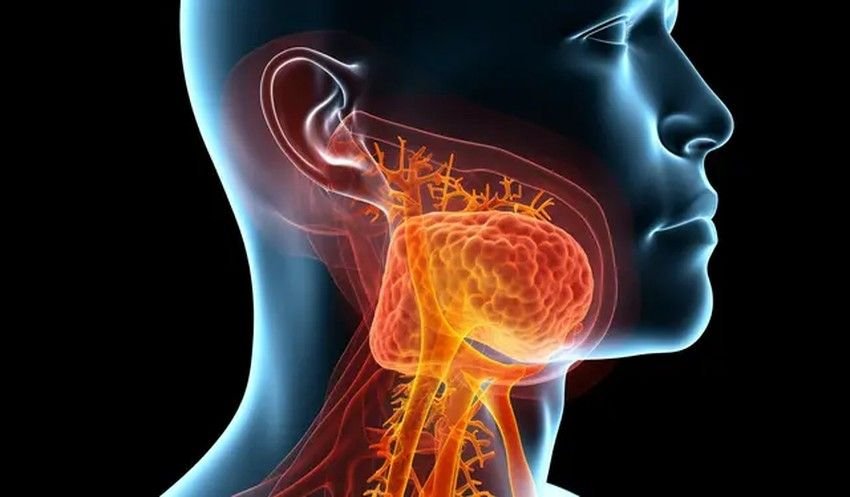
THYROID SURGERY
At Narayan Swaroop Hospital Thyroid surgery is performed for several reasons and can include symptomatic thyroid nodules, recurrent thyroid cysts, goiter, Graves’ disease, and to rule out or treat thyroid cancer. The purpose of thyroid surgery is to remove part or all of the thyroid gland. You will be in the hospital usually one night.
RISK
As with any surgical procedure, there are risks involved. There is a risk of bleeding, but this is very low. The average blood loss is less than an ounce. The risk of infection is so low that antibiotics are not routinely used. There is also a very low risk of injury to important nerves in the neck, called recurrent laryngeal nerves. These nerves control the vocal cords. Injury to these nerves could affect your voice.
What will happen in surgery?
You will be given general anesthesia to put you to sleep. You are positioned with special pillows under your neck to tilt your head back. An incision is made at the base of your neck and is about three to four inches long. Using magnifying lenses, the surgeon locates the thyroid gland and associated structures and all or part of the thyroid is removed. In some cases additional surgery will involve removal of lymph nodes and other structures. The incision is stitched closed and is then covered with steri-strip tapes and a dry gauze dressing. The operation generally lasts from two to three hours. After surgery, you will stay in the recovery room for several hours. You will be monitored closely as you recover from the anesthesia.
The Incision
After the dressing is removed, you will notice that the incision is covered with tapes (steri-strips). These will stay on for about a week. Leave the steri-strips in place. You may shower the day after surgery. Try to keep the neck area as dry as possible and pat dry after showering. The stitches will be removed in about a week and a half after surgery. Infection is extremely rare. If you notice any redness or drainage from the incision contact your surgeon.
How will you feel after surgery?
Everyone is different. You will most likely be tired and a bit sore for a few days. You may have pain not only from your incision, but also from muscle soreness in your upper back and shoulders. This is from the positioning in the operating room during the surgery. You will have liquid pain medicine in the hospital and a prescription for pain pills at home.
